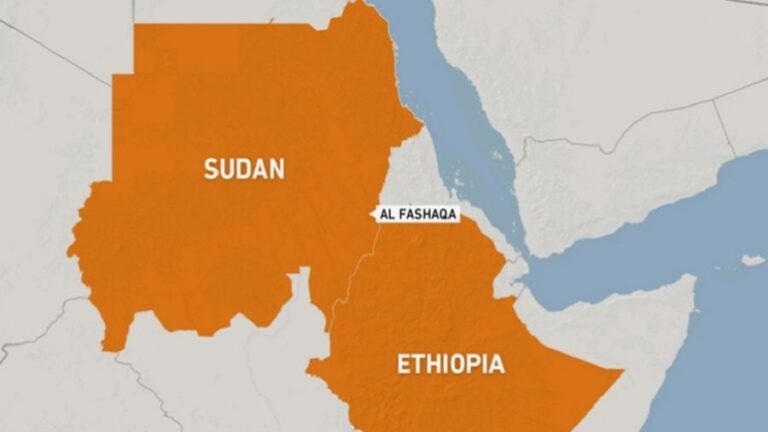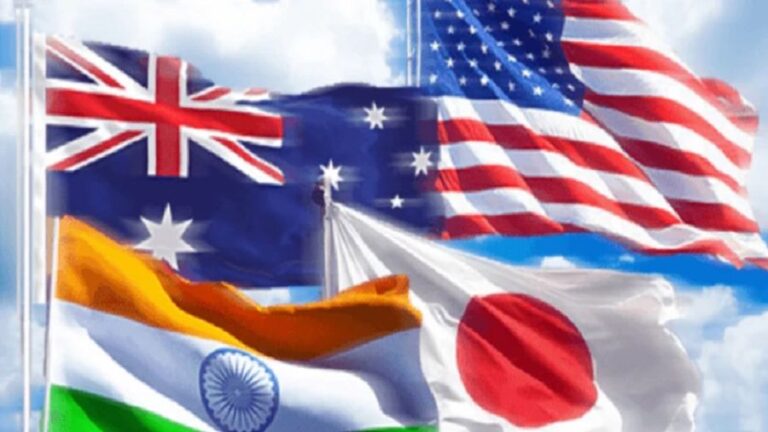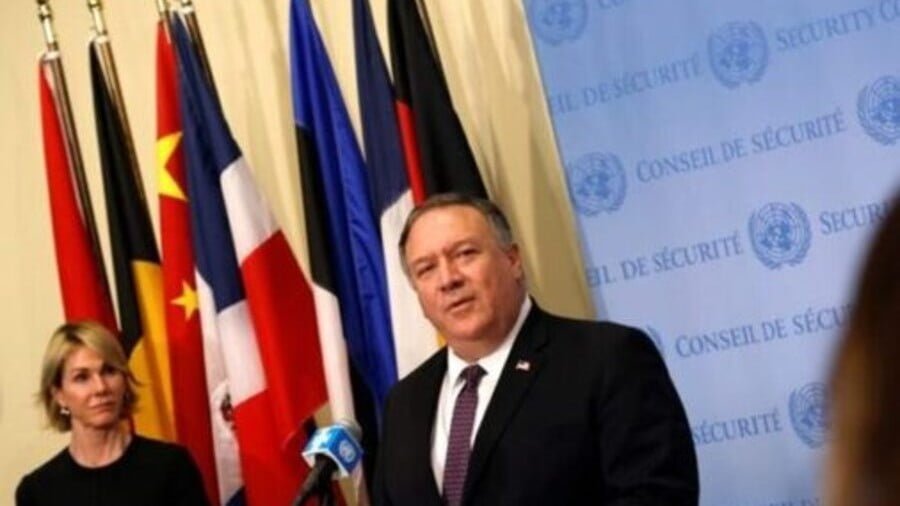What can Israel Expect After the Elections?
The return of former Prime Minister Benjamin Netanyahu and the dramatic strengthening of his far-right and ultra-Orthodox allies in Israel’s general elections has caused only indifference and disinterest among Palestinians, turning into contempt for Israelis.
Some see the victory of Netanyahu and his openly anti-Palestinian allies, including ultranationalist lawmaker Itamar Ben-Gvir, who wants to end Palestinian autonomy in parts of the occupied West Bank, as a new blow to the Palestinian national project. A sharp shift to the right by Israel’s political establishment further complicates long-dormant peace talks and exacerbates the problems facing 87-year-old President Mahmoud Abbas, whose autocratic Palestinian Authority already seemed to many Palestinians to be little more than an arm of the Israeli security forces.
In his 12 years in power, before Netanyahu was ousted in 2021, he showed little interest in engaging with the Palestinians. Under his leadership, Israel significantly increased the number of settlers in the West Bank, which now stands at around 500,000, and retrospectively legalized settler outposts built on private Palestinian land. These measures consolidated the Israeli occupation, which is in its 56th year since Israel seized the territory during the 1967 war.
Palestinians believe successive Israeli governments have sought to consolidate the bleak status quo in the West Bank: Palestinian enclaves divided by growing Israeli settlements and surrounded by Israeli troops. “We had no illusion that this next government would be a partner for peace. It’s the opposite, we see a campaign of incitement that began more than 15 years ago as Israel drifted toward extremism,” Ahmad Majdalani, a minister in the Palestinian Authority said.
The Hamas leadership in the Gaza Strip stated that the election results “will not change the nature of the conflict.” But for the first time, growing support for the Israeli far-right has made Ben-Gvir’s Jewish racist party the third largest in the Israeli parliament. Ben-Gvir and his allies hope to grant immunity to Israeli soldiers who shoot Palestinians, deport rival lawmakers and impose the death penalty on Palestinians convicted of attacks on Jews. Ben-Gvir was a disciple of racist Rabbi Meir Kahane, who had been banned from parliament and whose Kach party had been declared a terrorist group by the United States before he was assassinated in New York in 1990. During the election campaign, Ben-Gvir hit the headlines for his anti-Palestinian speeches and antics: he recently waved a gun around and called on police to fire on Palestinian stone-throwers in a tense Jerusalem neighborhood.
Some Palestinians have found a cause for optimism. They say that after the elections Israel will no longer present Lapid’s telegenic face to the world. Some say that a victory of extremism in Israel could support the moral case for efforts to isolate Israel by justifying activism outside the dying peace process. “It will lead to some international pressure,” said Mahmoud Nawajaa, an activist with the Boycott, Divestment and Sanctions movement, which calls for an economic boycott of Israel, as happened with apartheid-era South Africa in the 1980s. “Netanyahu is more honest and clear about his intentions to expand settlements. The others didn’t say it, even if it was happening,” Nawajaa added. Lapid and his predecessor Naftali Bennett, the former settler leader who renamed himself the unifier of the nation, led a shaky coalition of right-wing, centrist and “dovish” left-wing parties, including the first Arab party ever to join government.
Foreign leaders who shunned the divisive Netanyahu embraced what appeared to be a less ideological government. President Joe Biden, who has had an uneasy relationship with Netanyahu, enjoyed a warm welcome from Lapid during his visit to Israel last summer. But even when Lapid voiced support for the two-state solution during his address to the UN General Assembly in September, the Palestinians saw no sign that he could turn words into action. They watched as Israel approved the construction of thousands of new houses for settlers on land they want for a future state. Israeli military raids in the West Bank have also intensified, with more than 130 Palestinians killed, making 2022 the deadliest year since the UN began tracking fatalities in 2005. The Israeli army claims that most of the Palestinians killed were alleged militants. But young people who were throwing stones to protest the incursions and others who were not involved in any of the clashes were also killed.
Although the final ballots were still being counted in the elections, violence erupted, resulting in four Palestinians being killed in separate incidents in one day alone. “In terms of violence, the Lapid government has outdone itself. As far as new settlements and de facto annexation, Lapid is Netanyahu,” Nour Odeh, a Palestinian political analyst and former PA spokeswoman said.
Many young Palestinians have rejected the two-state solution and become disillusioned with the aging Palestinian leadership, which they see as a vehicle for corruption and cooperation with Israel. Hamas and Fatah, the Palestinian party that controls the West Bank, have remained violently divided for 15 years. According to a recent report by Palestinian sociologist Khalil Shikaki, only 37% of Palestinians support the two-state solution. In Israel, the figures are roughly the same: according to the Israel Democracy Institute, 32% of Jewish Israelis support the idea. “There is no horizon for a political track with the Israelis. We need to look inward… to relegitimize our institutions through elections, and stand together on a united political platform,” Odeh said.
If there is clarity about the attitude of the future rulers of Israel to the fate of the Palestinians, it is still a question of establishing a new government and the candidates who will be part of it. Benjamin Netanyahu, according to Israeli media, will try to form a governing coalition within just two weeks, by November 15, the date the new Knesset is sworn in. This move by Netanyahu reflects his confidence that he will easily form a government, as it is usually given 28 days to form a coalition with the possibility of a 14-day extension. Ron Dermer, former Israeli Ambassador to the US, has been named as the new head of Israel’s National Security Council, as has former cabinet secretary Tzachi Braverman and campaign manager Yossi Sheli for unspecified leadership positions in the prime minister’s office.
Aryeh Deri of the Shas party, as Netanyahu’s longest-standing ally, is expected to play an important role in the new government, Israel TV’s Channel 11 reported. At a time when members of Netanyahu’s growing coalition are calling for significant reforms to the justice system, Deri will act as a “balancing factor” for these anticipated changes. Itamar Ben-Gvir, leader of the Otzma Yehudit party, which ran on a single list in partnership with the Religious Zionist Party, will reportedly receive the post of Minister of Public Security, a post he demanded three days before the elections at a press conference. Meanwhile, Betsalel Smotrich, leader of the Religious Zionist Party, is reportedly looking out for the Ministry of Finance.
However, pessimists believe that it could still take months to form a government after the results have been verified. The election results will also be strongly influenced if the small Arab Balad party passes the threshold for entry into parliament. This would mean a redistribution of seats, which could potentially thwart Netanyahu. In that case, the Israelis will have to rely on a skill they have honed over the past few years: waiting and hoping.







